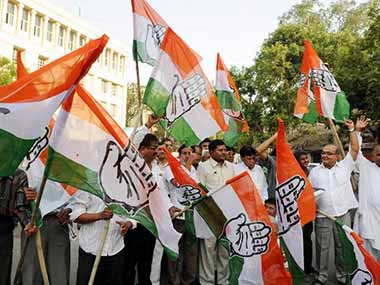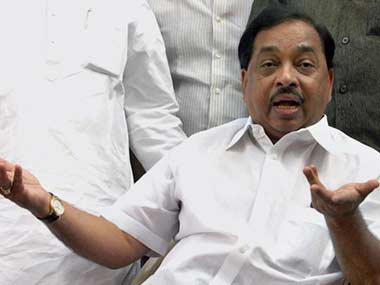The government of India is working on the draft of a new social security scheme that would offer a safety cover for all workers including those from the informal sector who are not covered by the Employee Provident Fund Organisation and the Employees' State Insurance Corporation.
The new scheme aims to offer benefits like mandatory pension, insurance against disability and death and maternity coverage, along with optional medical and unemployment coverage.

The new social security scheme would cover workers from informal sector as well. Reuters
Citing an unnamed official from the Ministry of Labour and Employment, The Indian Express reported that the Centre is discussing the scheme with state governments to bring them onboard. It said that the new scheme is likely to be launched this year, ahead of the crucial General Elections to the Lok Sabha.
The report quotes the official saying that the government plans to foot the entire bill for workers below the poverty line, but it has to be shared between the states and the Centre.
The new social security code will "subsume the allocation for a number of existing schemes" such as insurance schemes, disability benefits, maternity benefits, etc run by both the central as well as state governments. "A pool of money is available already but we need to work out how much extra is required,” the official added.
Interestingly, in a September 2017 report, the labour ministry has cited multiplicity of schemes as one of the major hurdles in creating a universal social security policy for India.
Terming the new social security scheme as a "path-breaking initiative", the report, said that consensus among the various stakeholders is going to be a key to its success.
The new social security scheme is part of the govt of India's efforts to consolidate the 44 labour laws into four codes — industrial relations, wages, social security, and occupational safety, health and working conditions, it adds.
So far the government has managed to present the Code on Wages Bill, 2017 in the Lok Sabha. The code, which met with a lot of opposition from Lok Sabha members, is currently being reviewed by a Standing Committee on Labour.
The bill subsumes four existing Laws — the Minimum Wages Act, 1948, the Payment of Wages Act, 1936, the Payment of Bonus Act, 1965 and the Equal Remuneration Act, 1976, removing the multiplicity of definitions and authorities leading to ease of compliance.
The new social security code is expected to have a similar effect on various social security schemes in India.
Published Date: Jan 08, 2018 11:06 AM | Updated Date: Jan 08, 2018 11:06 AM
















